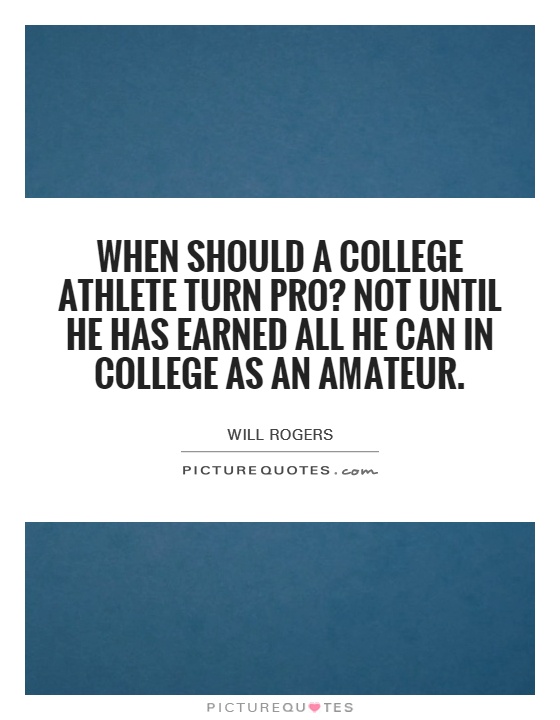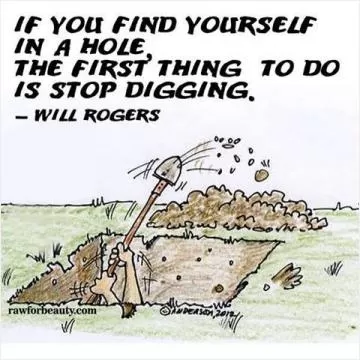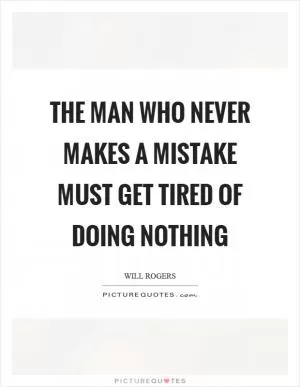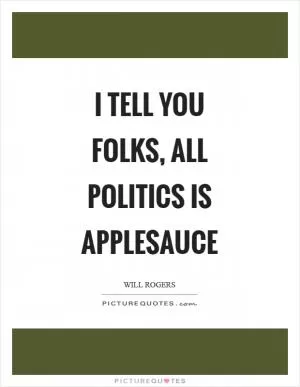When should a college athlete turn pro? Not until he has earned all he can in college as an amateur

When should a college athlete turn pro? Not until he has earned all he can in college as an amateur
Will Rogers, the beloved American humorist and social commentator, once famously said, "When should a college athlete turn pro? Not until he has earned all he can in college as an amateur." This statement holds true even in today's world of professional sports, where the pressure to turn pro early and start earning big money can be overwhelming for young athletes.Rogers' words remind us of the importance of education and personal growth, even in the competitive world of college athletics. College is a time for young athletes to develop their skills, both on and off the field, and to mature as individuals. By staying in college and maximizing their potential as amateurs, athletes can gain valuable experience, build their reputation, and increase their market value for when they do eventually turn pro.
Turning pro too early can have negative consequences for young athletes. They may not be mentally or emotionally ready for the pressures of professional sports, and they may lack the maturity and life skills needed to navigate the challenges of a career in athletics. By staying in college and continuing to develop as amateurs, athletes can better prepare themselves for the demands of the professional world.
Furthermore, staying in college allows athletes to earn a degree and set themselves up for success beyond their athletic careers. A college education can open doors to opportunities in a variety of fields, providing athletes with a solid foundation for their future. By taking advantage of the resources and support available to them in college, athletes can set themselves up for long-term success both on and off the field.












 Friendship Quotes
Friendship Quotes Love Quotes
Love Quotes Life Quotes
Life Quotes Funny Quotes
Funny Quotes Motivational Quotes
Motivational Quotes Inspirational Quotes
Inspirational Quotes